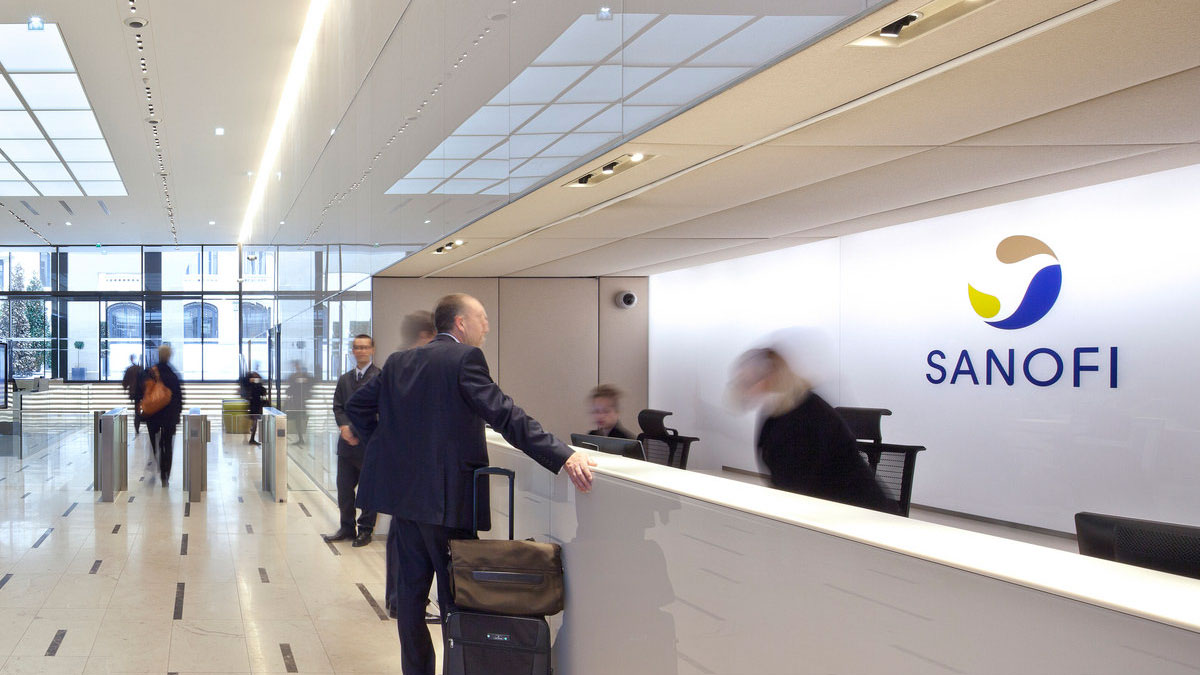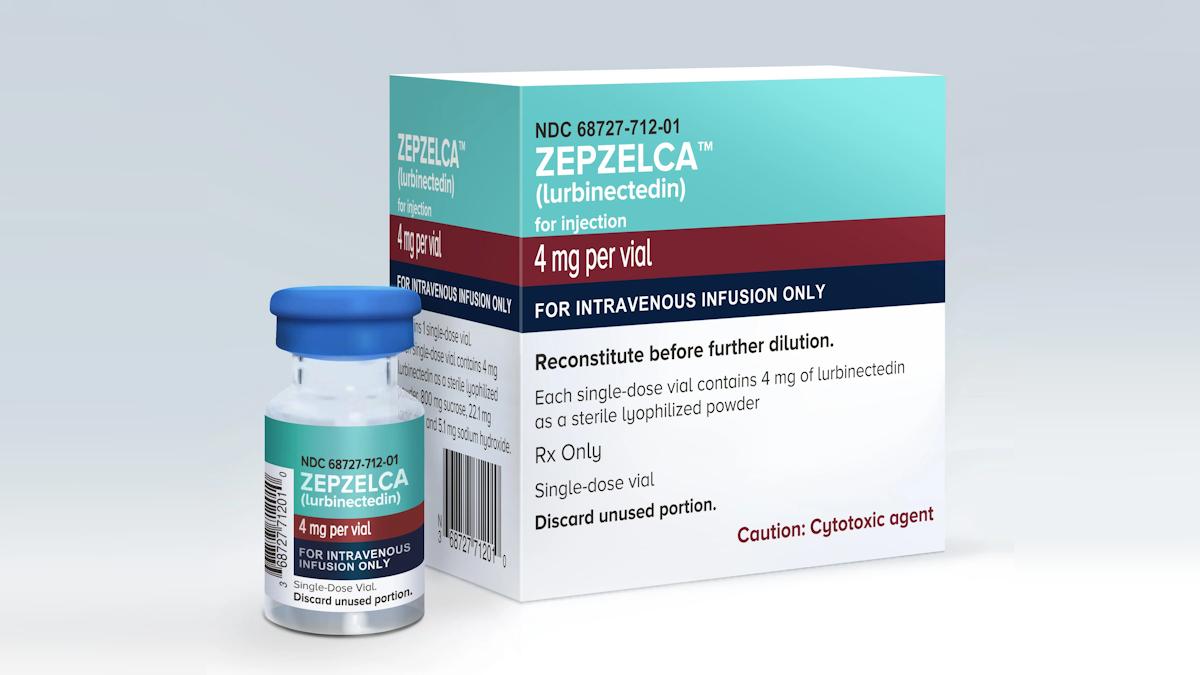Sanofi and Regeneron eye challenge to Merck & Co in first line lung cancer

Sanofi and Regeneron could mount a challenge to Merck & Co’s Keytruda in untreated advanced lung cancer with their cancer immunotherapy latecomer Libtayo following new phase 3 results.
Libtayo (cemiplimab) was the sixth PD-L/PD-L1 class immunotherapy to market in a common form of skin cancer – but latest trial findings suggest it could be a contender in the lucrative first-line lung cancer market where Keytruda (pembrolizumab) is class leader.
The drug could also have a unique selling point in this indication as results from the phase 3 trial came from Libtayo monotherapy without need for chemotherapy.
In many cases Keytruda is taken with chemotherapy in first line lung cancer, except for those patients who cannot tolerate the side effects.
Sanofi and Regeneron’s trial compared Libtayo, a PD-1 inhibitor to platinum doublet chemotherapy in patients with first-line locally advanced or metastatic non-small cell lung cancer (NSCLC) that tested positive for PD-L1 in at least 50% of tumour cells.
Interim results were strong enough for an independent data monitoring committee to recommend the trial should be stopped, and data will form the basis of regulatory filings in the US and EU this year.
The analysis showed Libtayo decreased the risk of death by 32.4% compared to platinum doublet chemotherapy, despite a third of patients entering the trial within the past six months and all chemotherapy patients being able to crossover to Libtayo if their disease progressed.
Sanofi and Regeneron are not the only companies attempting to challenge US-based Merck & Co in first line lung cancer.
January Bristol-Myers Squibb filed a combination of its Opdivo (nivolumab) and Yervoy (ipilimumab) immunotherapies in untreated patients with no EGFR or ALK mutations, after playing catch-up since 2016 when Opdivo initially failed to produce results.
And in June the FDA is due to make a decision on whether Roche’s immunotherapy Tecentriq (atezolizumab) can be used in first-line lung cancer without chemotherapy, and it is already approved in combination with chemotherapy in this indication.












